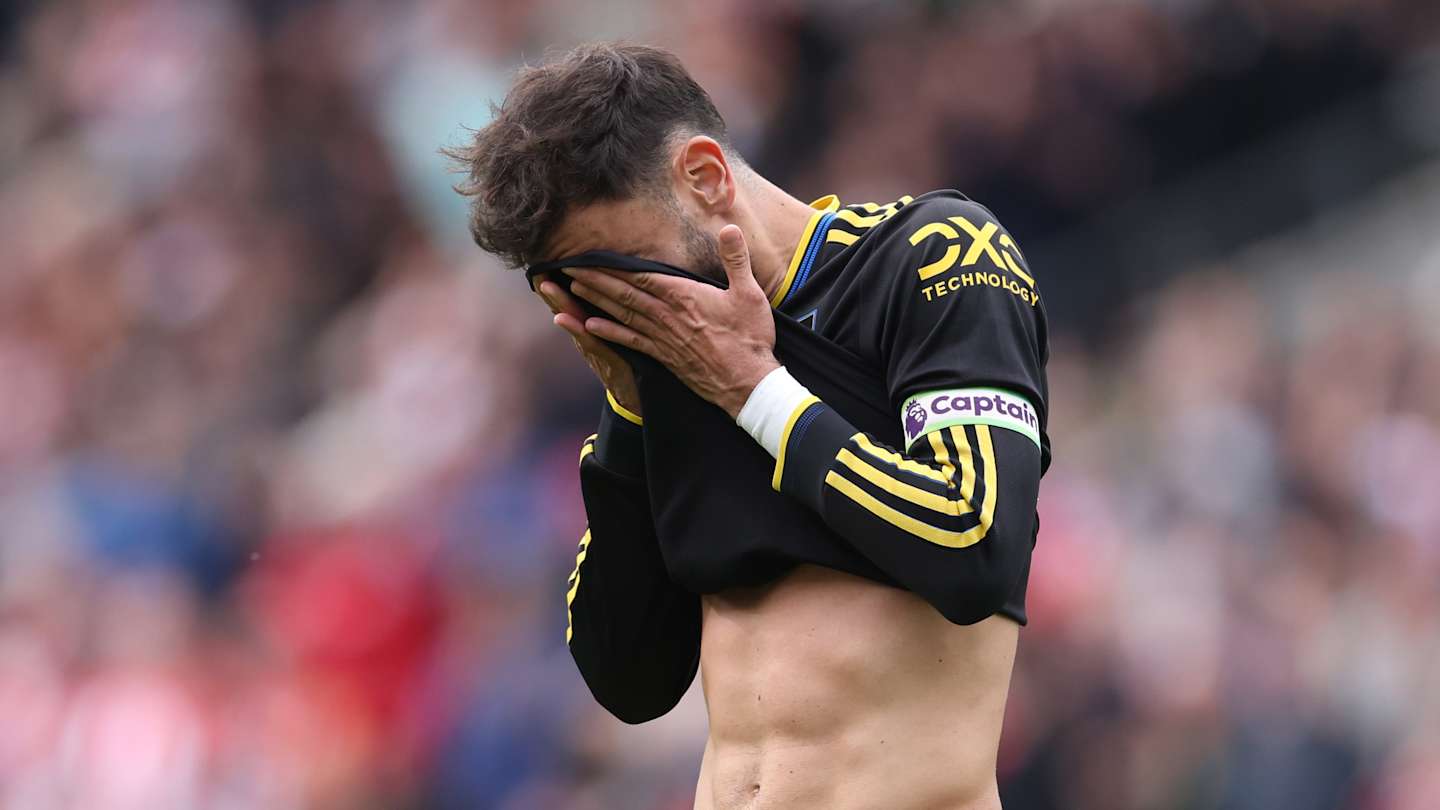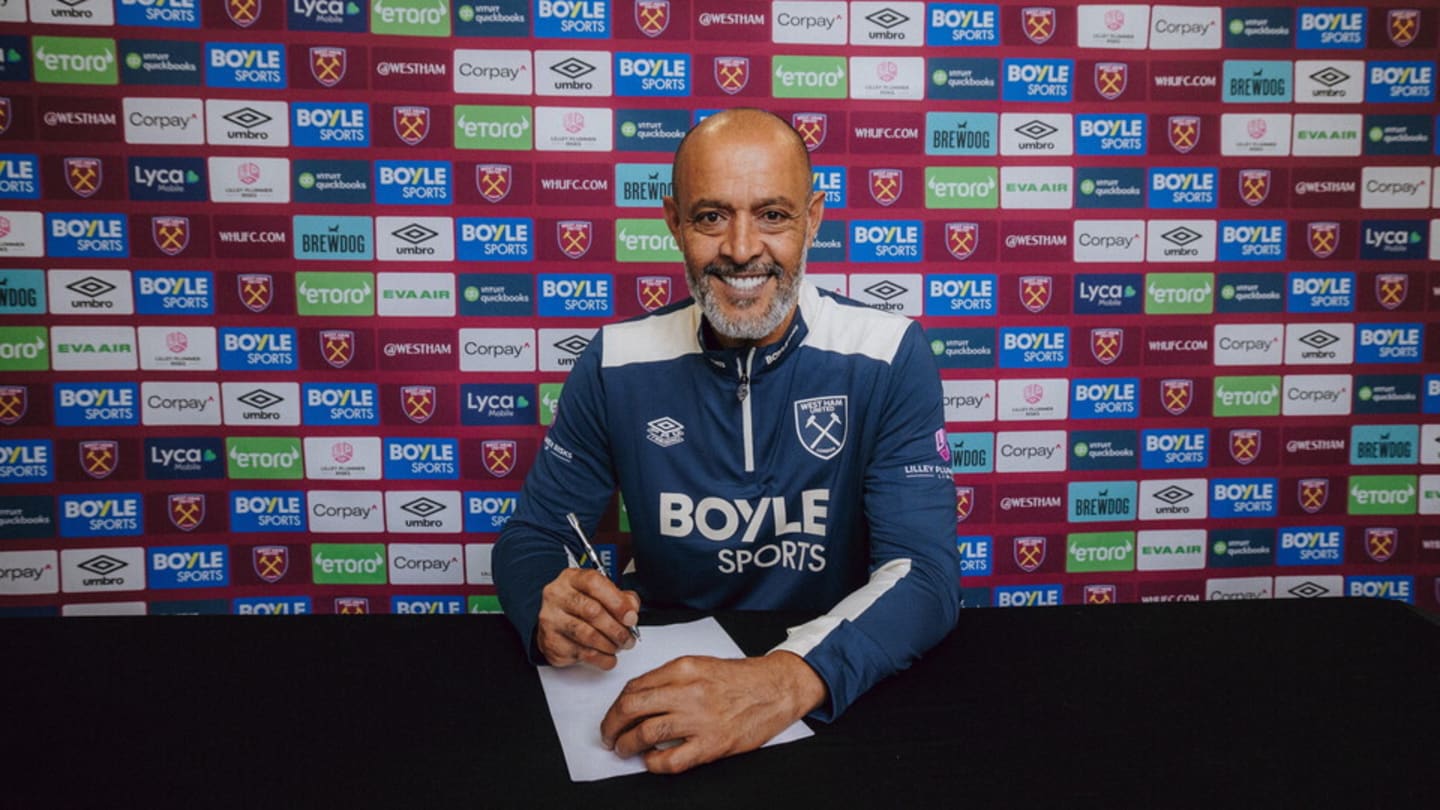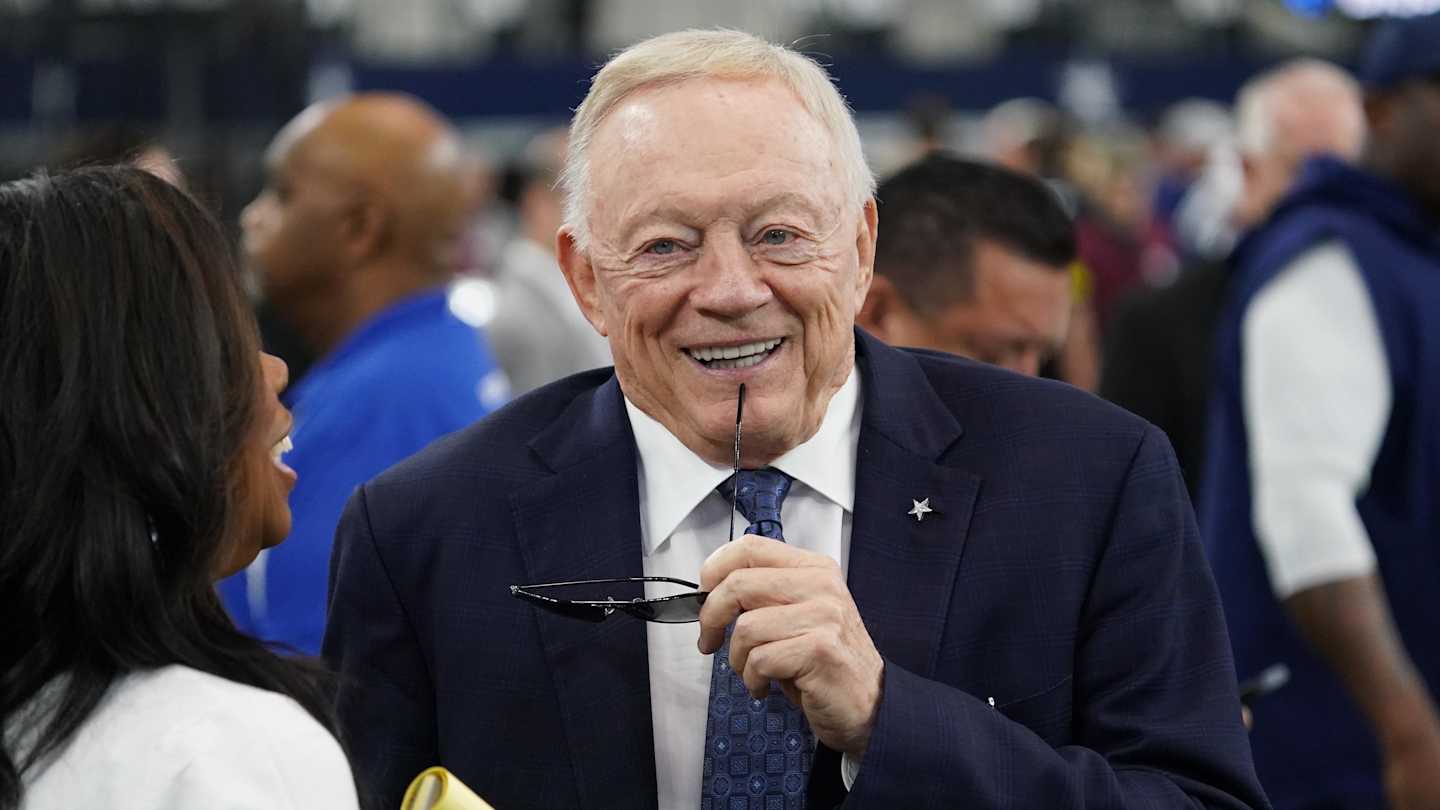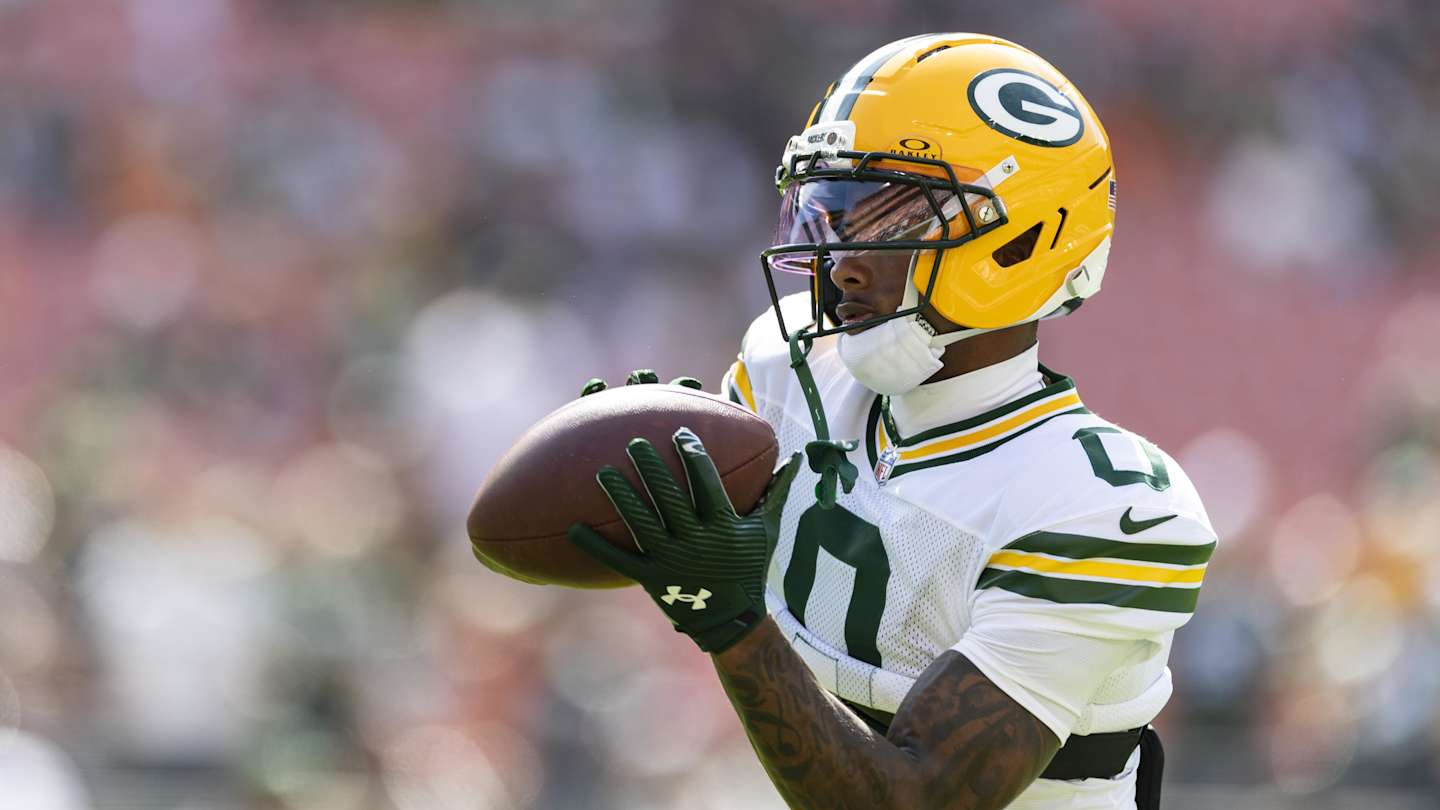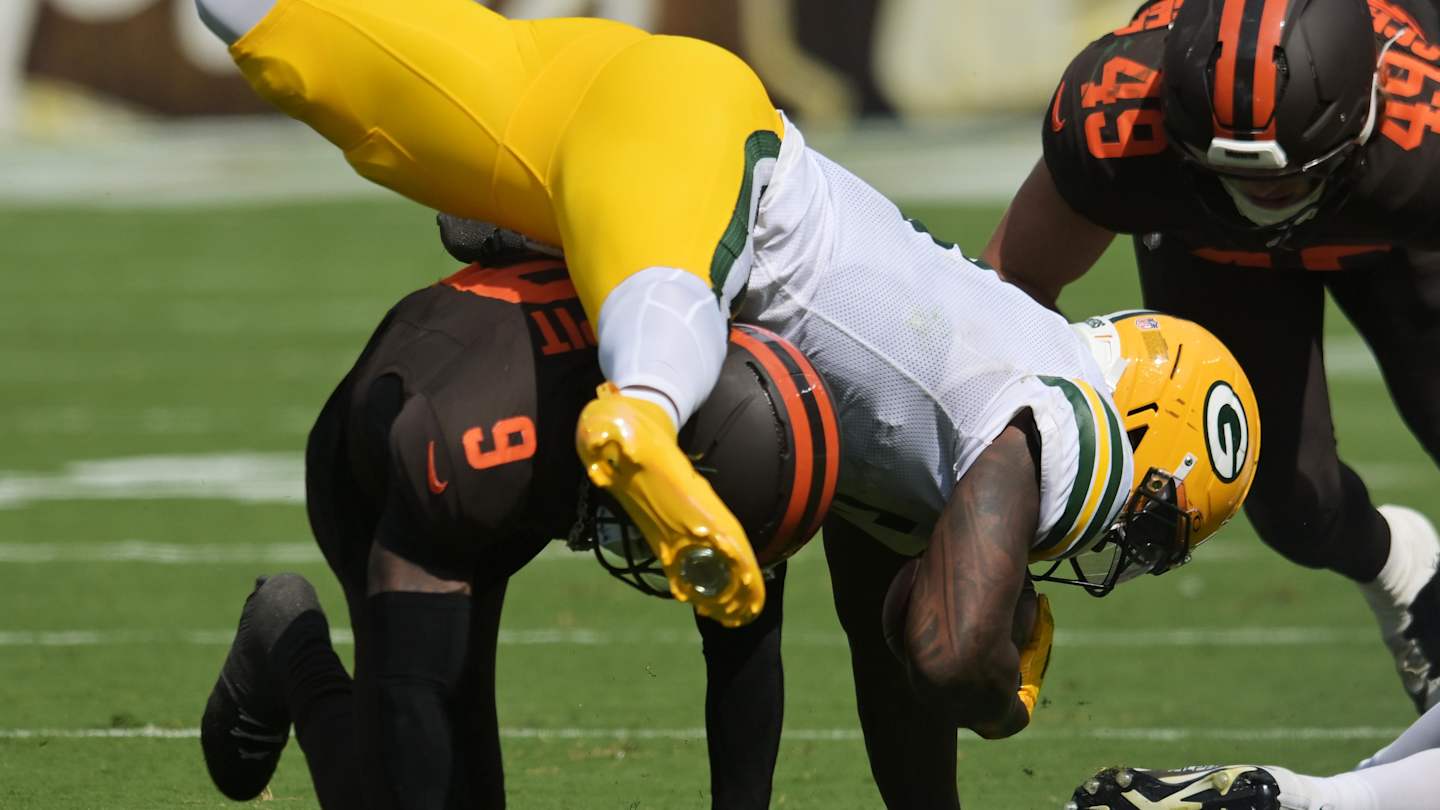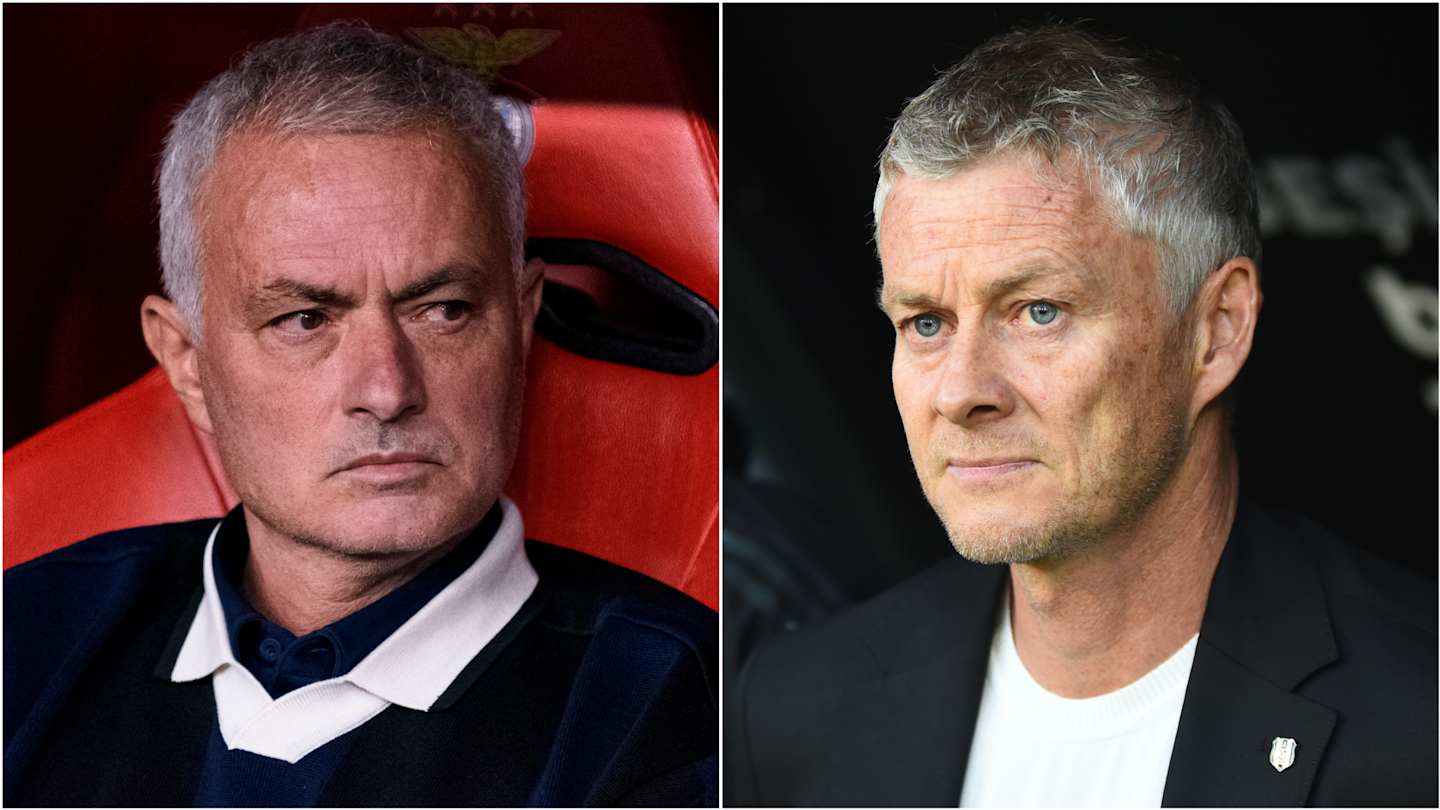
In a stunning turn of events that sent shockwaves through European football, two former Manchester United managers, José Mourinho and Ole Gunnar Solskjær, were dismissed from their respective roles in the Turkish Super Lig within a dramatic 11-hour period. Both managerial reigns came to an abrupt end following disappointing results in European qualifying campaigns, highlighting the cutthroat nature of top-tier football.
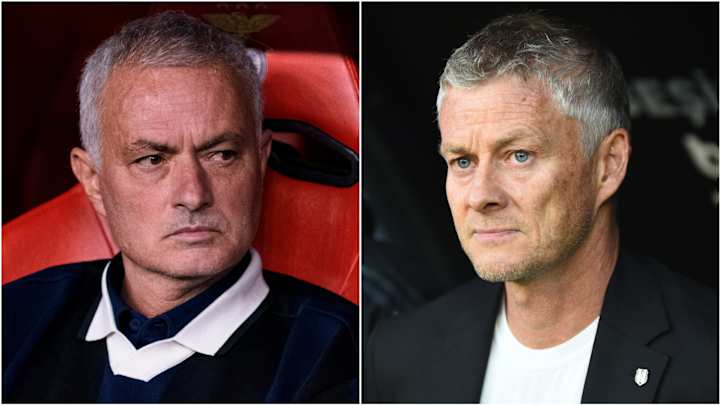
Solskjær’s Short Stint at Beşiktaş Ends
Ole Gunnar Solskjær, affectionately known as the ‘Smiling Assassin’, was the first to face the axe. Beşiktaş announced his departure on Thursday evening, just months after he took the helm in January. Solskjær inherited a side languishing in sixth place and managed to guide them up to fourth, securing notable victories against champions Galatasaray and Mourinho’s Fenerbahçe.
However, European aspirations proved to be Solskjær’s undoing. Beşiktaş suffered a crushing 6-2 aggregate defeat to Shakhtar Donetsk in the first round of Europa League qualifying, forcing them into the Conference League preliminaries. A nervy two-legged tie against Irish side St. Patrick’s Athletic saw Solskjær’s team briefly fall 2-0 down at home before scraping through. The final blow came with elimination from Europe’s third-tier competition at the hands of Swiss outfit FC Lausanne, a club with a curious Manchester United connection, being owned by Sir Jim Ratcliffe’s INEOS.
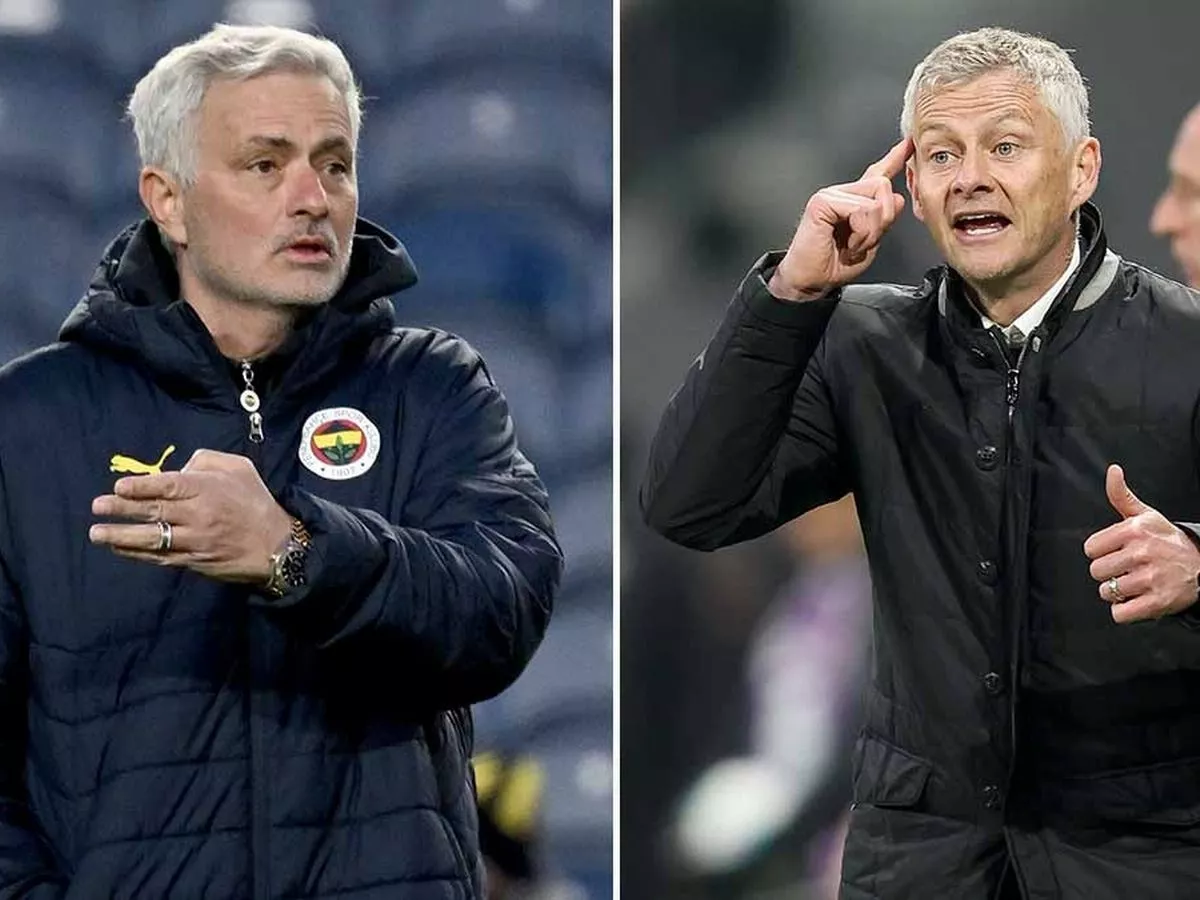
Mourinho’s Fiery Exit from Fenerbahçe
Mere hours after Solskjær’s dismissal, the football world was rocked by news of José Mourinho’s departure from Fenerbahçe. The two-time Champions League-winning manager, who steered Fenerbahçe to second place last season, ultimately failed to navigate the club into the prestigious League Phase of the Champions League, falling to Benfica in the final qualifying round.
While dropping into the Europa League might not have been a sackable offense in isolation, Mourinho’s public criticism of his employers following Fenerbahçe’s initial qualifying victory over Feyenoord undoubtedly played a significant role. He lamented a perceived lack of new signings, stating, “I don’t think the club made any extra effort to provide me with more opportunities for these two Benfica matches. If the Champions League was vital for my club, something would have been done during the time between Feyenoord and Benfica.”
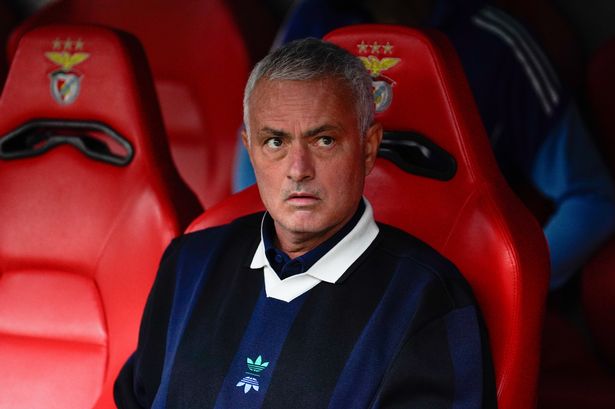
Mourinho’s comments became even more pointed as he mused, “I know tomorrow’s match is very important, very important for the fans, but from a career perspective, it’s just a match. I don’t think careers will be affected.” A prediction, it seems, that did not age particularly well given the swift turn of events.
A Shared Fate for Ex-United Bosses
The simultaneous departures of Solskjær and Mourinho underscore the relentless pressure managers face in modern football, especially at clubs with high expectations for European success. Both managers, with their shared history at Old Trafford, now find themselves navigating the managerial merry-go-round once again, leaving behind a trail of what-ifs and unfulfilled European ambitions in Türkiye.
For more insights into managerial careers and their impact, read about Ole Gunnar Solskjær’s comparison to other ex-Man Utd managers.

